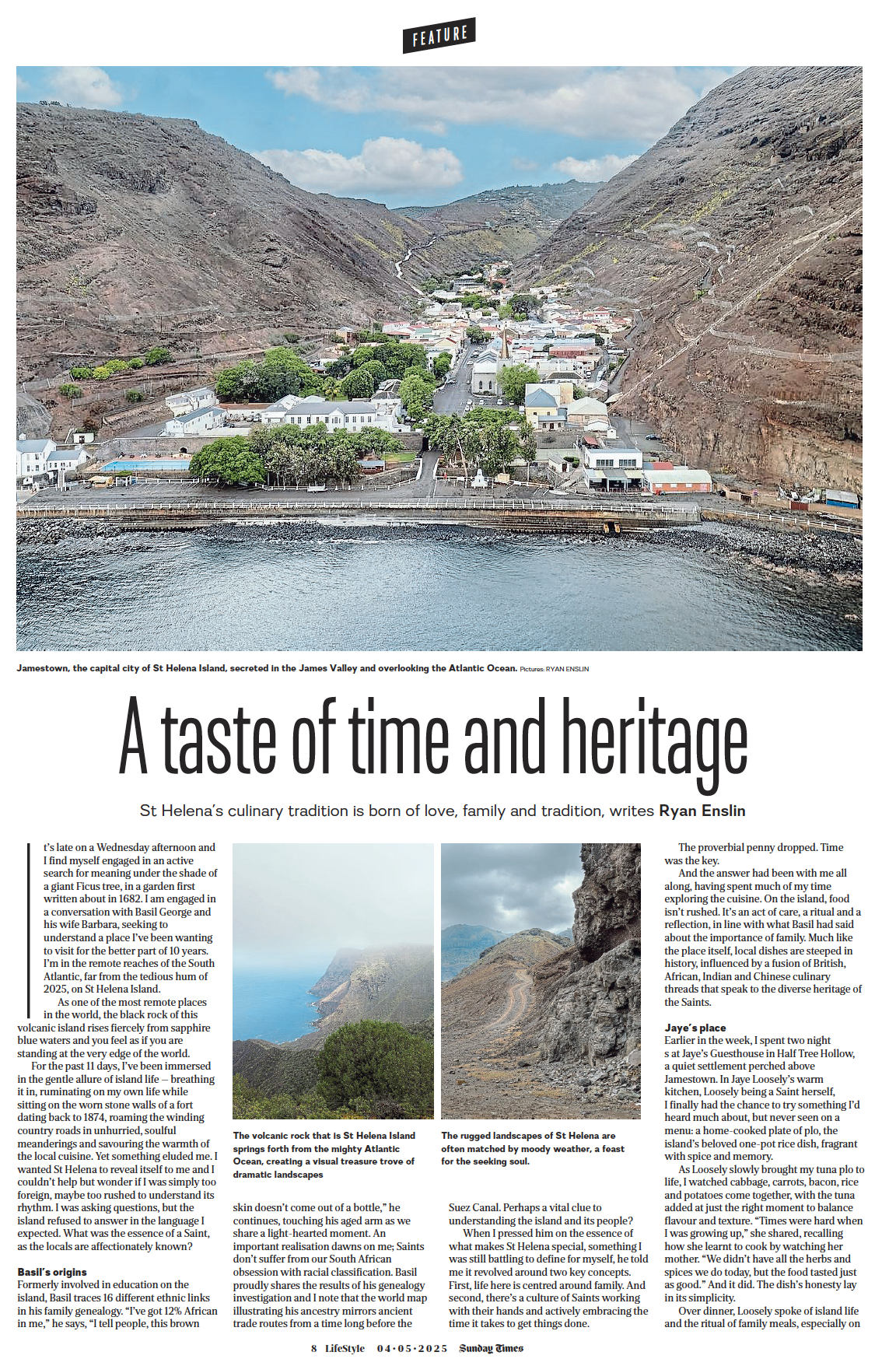
Where Art Finds You
Johannesburg has always been a city of intersections – of stories, cultures, industries and dreams. Yet when it comes to art, the paths have often been neatly signposted: you go to a gallery, you stand in front of a painting, you move on. Art waits for you in curated spaces, behind doors you must decide to open. But what if art interrupts you? What if, without warning, the city you thought you knew asked you to stop, to look, to feel?
That’s the premise, and the provocation, behind Contra.Joburg, Johannesburg’s most radical visual arts festival. Now in its fourth year, Contra is less about inviting you into the art world and more about bringing the art world to you. From 30-31 August 2025, the streets, rooftops, alleys and working studios of the inner city will become a living network of interventions. Over 170 artists, designers and makers will transform 12 venues across the CBD into a two-day maze of possibility, where the next encounter could be a whispered poem, a spontaneous dance, or an installation that makes you stop mid-stride.
This isn’t art as decoration. It’s art woven into the city’s very rhythms; unannounced, unscripted and entirely in the moment.
That’s the premise, and the provocation, behind Contra.Joburg, Johannesburg’s most radical visual arts festival. Now in its fourth year, Contra is less about inviting you into the art world and more about bringing the art world to you. From 30-31 August 2025, the streets, rooftops, alleys and working studios of the inner city will become a living network of interventions. Over 170 artists, designers and makers will transform 12 venues across the CBD into a two-day maze of possibility, where the next encounter could be a whispered poem, a spontaneous dance, or an installation that makes you stop mid-stride.
This isn’t art as decoration. It’s art woven into the city’s very rhythms; unannounced, unscripted and entirely in the moment.



